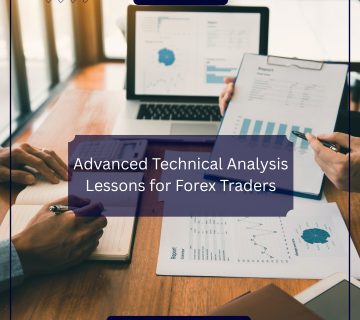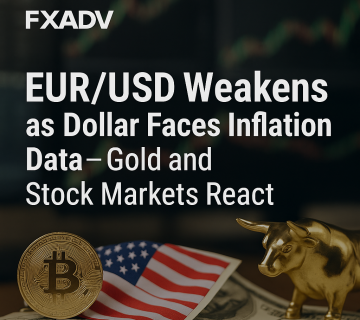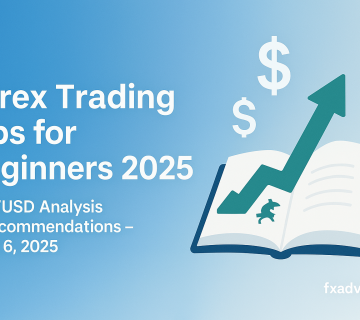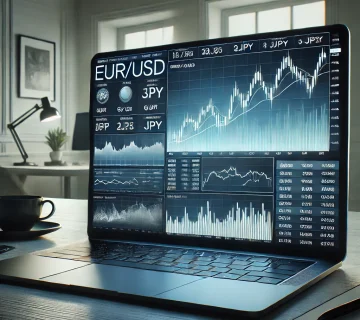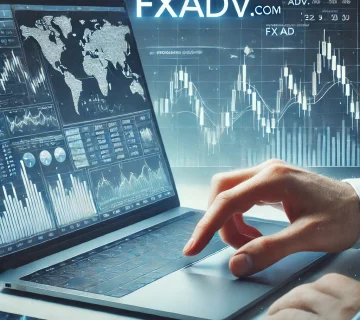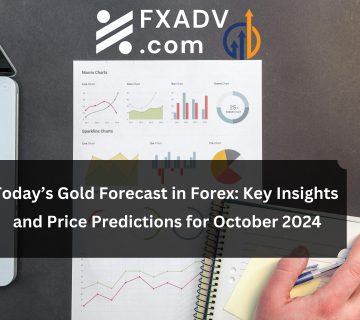The Impact of Geopolitical Events and Economic Changes on Forex Market Volatility
The foreign exchange (forex) market is one of the most dynamic and volatile financial markets in the world. It is influenced by a myriad of factors, including geopolitical events and economic changes. Understanding how these elements impact forex market volatility is crucial for traders and investors aiming to navigate this complex landscape effectively. This article delves into the intricate relationship between geopolitical events, economic changes, and forex market fluctuations, providing valuable insights and strategies for market participants.
Understanding Geopolitical Events
Geopolitical events encompass a wide range of occurrences, from political instability and elections to international conflicts and trade disputes. These events can significantly impact investor sentiment and market dynamics, leading to substantial currency fluctuations.
Key Geopolitical Factors:
- Political Instability: Political turmoil, such as government collapses or significant policy shifts, can lead to a loss of confidence in a country’s economy, causing its currency to depreciate. For example, political unrest in Turkey has frequently led to significant fluctuations in the value of the Turkish lira.
- Wars and Conflicts: Wars and conflicts create uncertainty and risk aversion among investors. For instance, the Syrian civil war and the subsequent refugee crisis had a profound impact on the Turkish lira and neighboring currencies.
- Trade Disputes: Trade disputes, such as the U.S.-China trade war, can disrupt global supply chains and affect currency pairs involved in the dispute. The imposition of tariffs and retaliatory measures during the U.S.-China trade war led to volatility in the Chinese yuan and the U.S. dollar.
- Natural Disasters: Natural disasters can disrupt economic activity and affect currency values. For example, the 2011 earthquake and tsunami in Japan led to significant movements in the Japanese yen as investors assessed the economic damage and recovery efforts.
Economic Changes and Their Impact
Economic changes, including shifts in monetary policy, inflation rates, and economic growth, play a crucial role in determining currency values. Central banks, in particular, have a significant influence on forex markets through their policy decisions.
Key Economic Factors:
- Monetary Policy: Central banks, such as the Federal Reserve (Fed) and the European Central Bank (ECB), use monetary policy tools to influence currency values. Interest rate changes, quantitative easing, and open market operations are some of the mechanisms central banks use to stabilize their economies and control inflation.
- Inflation Rates: Inflation rates affect the purchasing power of a currency. High inflation typically leads to currency depreciation, while low inflation can strengthen a currency. For instance, the Fed’s measures to control inflation through interest rate hikes have a direct impact on the value of the U.S. dollar.
- Economic Growth: GDP growth rates are a key indicator of economic health. Strong economic growth attracts foreign investment, leading to currency appreciation. Conversely, weak economic growth can result in currency depreciation. The Eurozone’s sluggish GDP growth, for example, has often led to a weaker euro.
The Interplay Between Geopolitical Events and Economic Changes
The relationship between geopolitical events and economic changes is complex and multifaceted. Geopolitical events can trigger economic changes, and vice versa, creating a feedback loop that influences forex market volatility.
Interest Rate Differentials:
- Eurozone: The ECB’s monetary policy decisions, including interest rate adjustments, play a crucial role in determining the euro’s value. Higher interest rates attract foreign investments, leading to a stronger euro.
- United States: Similarly, the Fed’s interest rate decisions impact the U.S. dollar. Higher interest rates make dollar-denominated assets more attractive, leading to a stronger dollar.
Trade Balances:
- Eurozone: The Eurozone’s trade balance, particularly with the U.S., influences currency movements. A trade surplus can strengthen the euro, while a trade deficit can weaken it.
- United States: The U.S. trade balance also impacts the dollar. A trade deficit can lead to a weaker dollar, while a trade surplus can strengthen it.
Geopolitical Factors:
- Eurozone: Geopolitical tensions, such as conflicts in Eastern Europe, can impact the euro’s value. Political instability can lead to a loss of investor confidence, causing the euro to depreciate.
- United States: Similarly, geopolitical events, such as trade disputes or military conflicts, can impact the U.S. dollar. Political stability and strong international relations tend to support a stronger dollar.
Strategies for Navigating Forex Market Volatility
Given the significant impact of geopolitical events and economic changes on forex market volatility, traders and investors need to adopt effective strategies to manage risks and capitalize on opportunities.
Key Strategies:
- Stay Informed: Regularly monitor reliable news sources and economic calendars to stay updated on geopolitical events and economic indicators.
- Risk Management: Implement risk management techniques such as stop-loss orders and position sizing to mitigate potential losses.
- Technical Analysis: Use technical analysis tools to identify support and resistance levels, trend lines, and patterns to navigate the volatile market.
- Diversification: Diversify your portfolio to spread risk across different currencies and asset classes.
- Adaptability: Be prepared to adjust your trading plans based on changing market conditions and geopolitical factors.
Conclusion
Geopolitical events and economic changes are powerful forces that shape forex market volatility. By understanding the intricate relationship between these factors and their impact on currency movements, traders and investors can make informed decisions and develop effective trading strategies. Staying updated with the latest economic data and geopolitical developments is essential for navigating the dynamic forex market.
How to Identify Approved Forex Brokers and Avoid Scams 2024



